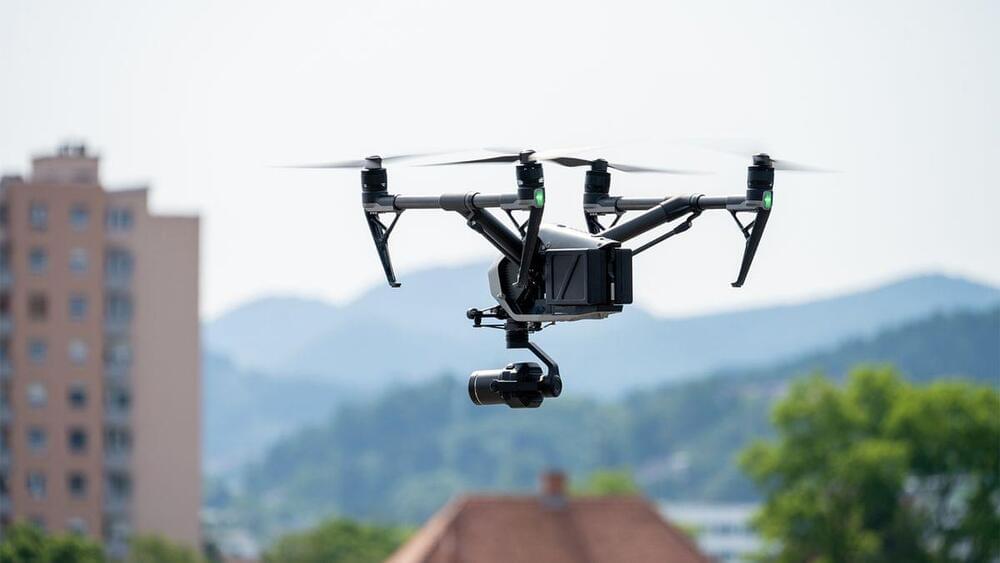Amid underwater mountains off the coast of Chile, scientists believe they’ve discovered 100 or so new species with the aid of a robot capable of diving more than 14,000 feet. Researchers say it demonstrates how the Chilean government’s ocean protections are bolstering biodiversity and providing a model for other countries. John Yang reports.
Notice: Transcripts are machine and human generated and lightly edited for accuracy. They may contain errors.









